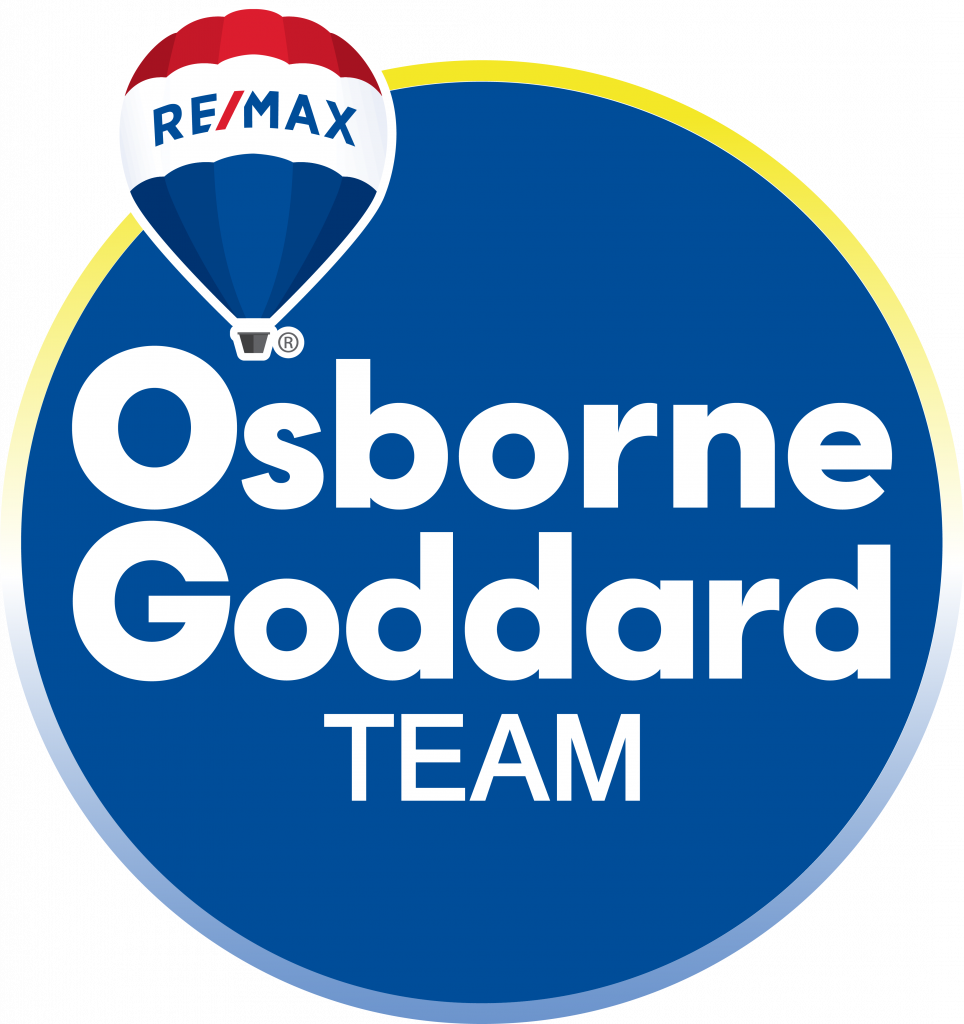East Gwillimbury Real Estate
Find homes for sale with our real estate agent in East Gwillimbury. Browse through East Gwillimbury real estate listings and discover your dream home!
East Gwillimbury
Real Estate
With a population of 23,991 and located just 30 minutes North of Toronto, East Gwillimbury boasts a seriously balanced variety of living environments, ranging from Urban areas, suburban living and rural neighbourhoods, to agricultural land and farming villages.
With multiple growing communities with identities all of their own, East Gwillimbury is full of character and is home to everything from relaxed countryside to urban recreation, and everything in between.
East Gwillimbury Activities & Attractions
East Gwillimbury is full of must-see places to visit and things to do. Whether you’re planning to get active on a hot summer day or pamper yourself with a leisurely winter trip, you’ll find plenty of attractions to keep you entertained. See below for East Gwillimbury’s top activities and attractions.
- Brooks Farms
- Stardust Drive-In
- Sharon Temple
- Haunted Halloween
- Movies in the Park
Schools in East Gwillimbury
East Gwillimbury has many elementary and secondary schools available for all children and youth living in the community. See below for an overview of the schools in East Gwillimbury.
- Laurel College
- 12 Public Schools
- 2+ Privates Schools
- 7+ Religion – Based Schools
- 4+ Prep – Schools
Ready To View Homes In East Gwillimbury?
Latest East Gwillimbury Properties
Results not found
Award Winning East Gwillimbury Real Estate Agents
The Osborne Goddard Team has over 100 years of combined experience and has earned numerous awards and distinctions both nationally and globally. Recognized as one of the country’s leading RE/MAX teams, we set ourselves apart by providing our buyers the resources not found in traditional search engines and continuously go all out to advocate for our clients wants and needs. With a team that treats one another like family, we truly appreciate the relationships that we’ve built with one another and our clients, and take great pride is providing a superior real estate experience.
Frequently Asked Questions
Determining your budget for buying a home involves assessing your financial situation comprehensively. Start by evaluating your current income, expenses, and savings. Consider factors such as your credit score, existing debts, and any potential future financial commitments. Aim for a budget that allows you to comfortably afford mortgage payments, property taxes, insurance, and maintenance costs while still meeting your other financial goals. It’s crucial to be realistic and conservative in your estimates to ensure long-term financial stability.
Determining the right listing price for your home requires thorough research and analysis. Begin by comparing recent sales of similar properties in your area, known as comparable sales or “comps.” Take into account factors such as location, size, condition, and amenities when assessing these comps. Additionally, consider current market conditions, trends, and the advice of a local real estate agent with expertise in your neighborhood. Striking the right balance between attracting potential buyers and maximizing your profit is key to setting an effective listing price.
During a home inspection, it’s essential to scrutinize both the interior and exterior of the property for any potential issues or defects. Pay close attention to the structural integrity, plumbing, electrical systems, roof condition, HVAC systems, and presence of any signs of water damage or pest infestations. Look for evidence of maintenance and upkeep, as well as any necessary repairs or improvements. A thorough inspection can help you identify any red flags or areas of concern before finalizing the purchase agreement.
Negotiating the best deal on a home involves preparation, strategy, and effective communication. Start by conducting research on the local market, comparable sales, and the seller’s motivation. Establish your priorities and desired terms, including price, closing date, and any contingencies. Approach negotiations with a fair yet assertive attitude, and be prepared to make concessions while also advocating for your interests. Seek guidance from your real estate agent, who can provide valuable insights and assist in crafting offers and counteroffers to secure the most favorable deal possible.
When buying a home, it’s crucial to be vigilant for potential red flags that could indicate underlying issues or problems. Some common red flags to watch out for include structural damage, water stains or mold, outdated or poorly maintained systems (such as plumbing or electrical), signs of foundation issues, and undesirable neighborhood characteristics. Additionally, be wary of properties with a history of major renovations or additions that may not have been properly permitted or inspected. Conducting thorough due diligence, including inspections and research, can help uncover any red flags and inform your decision-making process.

